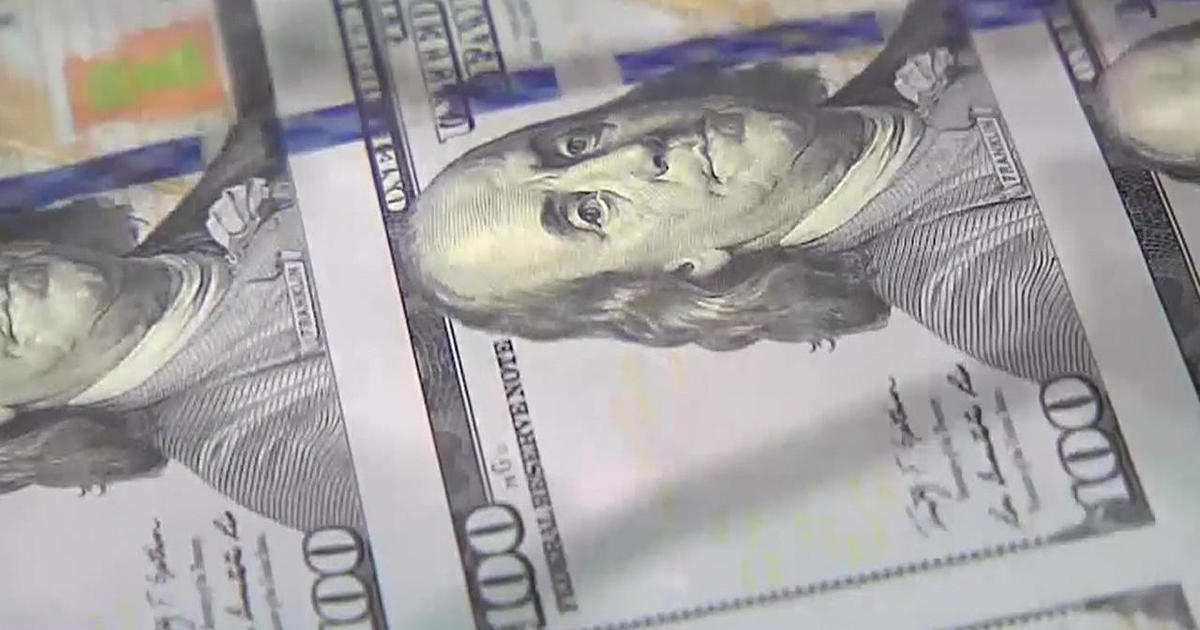Former Treasury Secretary Robert Rubin, author of the new book “The Yellow Pad,” and, perhaps most important, veteran of the debt ceiling wars, offers a commentary about this past week’s debt ceiling showdown in Washington:
In 1995, I was the Secretary of the Treasury when members of Congress threatened not to raise the debt limit until the president agreed to their policy demands. Thirty years later, we just went through another debt-ceiling crisis.
Penguin Press
This is a pattern we can, and must, break.
I’m proud to have served in an administration that balanced the budget. And I’ve been concerned about rising debt and deficits in the years since.
But creating a crisis over the debt limit is dangerous and irresponsible.
Consider what raising the debt limits does: it allows the Treasury Department to make payments on already existing debt. It does not authorize any new spending. It’s not like buying something on a credit card; it’s like paying your bill after you’ve already bought something on a credit card.
As everyone knows, if you don’t pay your bills on time, it’s more expensive in the long run, and your credit score goes down.
It’s the same for countries. If Congress refuses to allow the United States to make payments on its existing debt, in what’s known as a “default,” the economic consequences would likely be severe. It could send markets falling; raise costs for car and home loans; and hurt America’s standing around the world, among much else.
We avoided default this time, and that’s a cause for relief. But there’s no guarantee we’ll be similarly fortunate in the future – and the more of these crises we go through, the greater the chances that one of them eventually leads to severe economic harm.
Threatening to force the United States to default on its debt is risky and irresponsible.
Going forward, lawmakers should stop using the threat of default as a bargaining chip, and use the normal Congressional budget process to deal with issues of taxation and spending.
That way, we can get our house in order without putting our entire economy at risk.
For more info:
Story produced by Robert Marston and Young Kim. Editor: Carol Ross.
For all the latest Automobiles News Click Here
For the latest news and updates, follow us on Google News.

